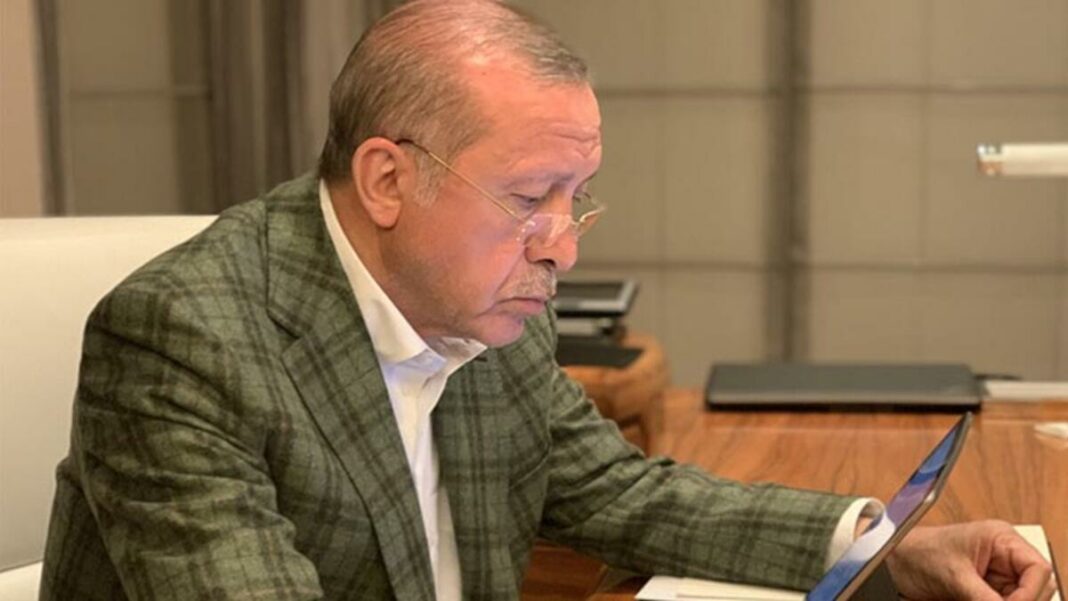A collective resistance put up by social media platforms against Turkey’s new law entailing heavy online censorship has been broken as a statement by YouTube announced that the platform has accepted the first provision of the legislation requiring it to appoint a representative in Turkey.
Turkey’s social media law, which went into effect in October, requires social media networks with over a million Turkish-based users to name a representative to be responsible to the authorities. Facebook, Twitter, Instagram, YouTube and TikTok — all of which are affected by the law due to the number of users they have in the country — had initially announced that they would act in solidarity in resisting the regulation and not comply with its requirements such as the appointment of Turkey representatives and the sharing of user data with Turkish authorities.
As with other platforms that defied the law, YouTube has twice been slapped with fines. The third stage of sanctions would be an advertising ban, before which came YouTube’s announcement that it would set up a legal entity in Turkey.
“YouTube respects the laws and regulations in the countries where we operate, while maintaining our commitments to freedom of expression, access to information, and transparency,” it said in a statement released on its official blog page.
“This step toward compliance will not change how YouTube reviews content removal requests, nor will it change how YouTube handles or holds user data,” it said, in apparent reference to other provisions of the new legislation that oblige social platforms to make necessary adjustments to keep their Turkish-based users’ data inside Turkey.
Yaman Akdeniz: YouTube bowed before the oppressive and censoring regime
One of Turkey’s prominent IT law experts, Yaman Akdeniz, said YouTube’s move means that the company has surrendered to Turkey’s climate of pressure and censorship.
“Facebook had declared in October that it would not comply with the new social media law. YouTube’s announcement that it will appoint a legal representative means nothing but that it accepts Turkey’s legal structure, that it will meet all the demands made and that it will bow before the restrictive system,” Akdeniz said.
“In Turkey, where democratic institutions have become dysfunctional and access to a fair trial and the independence of the judiciary are marred by serious problems, it is not possible for YouTube to protect the rights of its local users through legal means. I expected them not to accept this.
“This development has nothing to do with taxation. They will both share user information and implement access blocks, content removal and account closure decisions handed down to them,” Akdeniz claimed.
What the law entails
The law was prepared after an explicit request made by President Recep Tayyip Erdoğan in early 2020. Erdoğan’s ruling Justice and Development Party (AKP) and the Nationalist Movement Party (MHP) brought the bill to parliament, which passed it during the summer. It took effect at the beginning of October.
Under the law:
- All social media platforms with more than a million users in Turkey must maintain a legal representative in Turkey;
- Data for Turkish-based users must be stored on serves inside Turkey;
- The platforms are required to immediately remove any content banned by a court; and
- In the event of a “violation of personal rights,” the platforms have to immediately remove the content even without a court order.
Authorities may get hold of personal data
If social media platforms move their servers to Turkey in order to comply, any prosecutor will be able to replicate the servers, and the authorities, including the police, will be able to access user data instantly.
In the event of non-compliance with a content removal request, the legal representatives could be arrested.
With more than a hundred reporters, media employees and executives behind bars, Turkey remains one of the world’s worst jailers of journalists. The country ranked 154th out of 180 countries in the 2020 World Press Freedom Index published by Reporters Without Borders (RSF).

